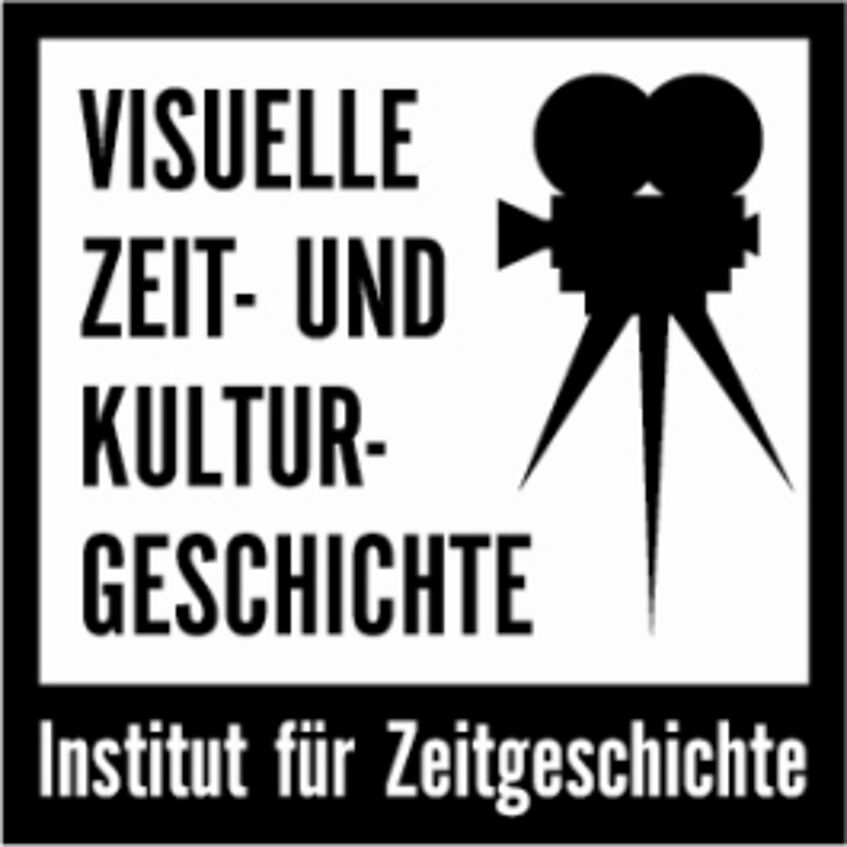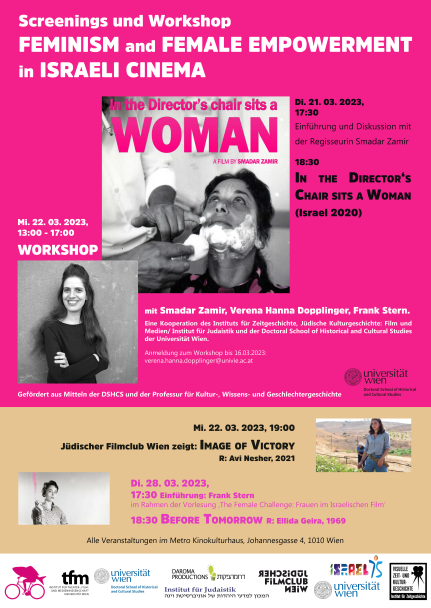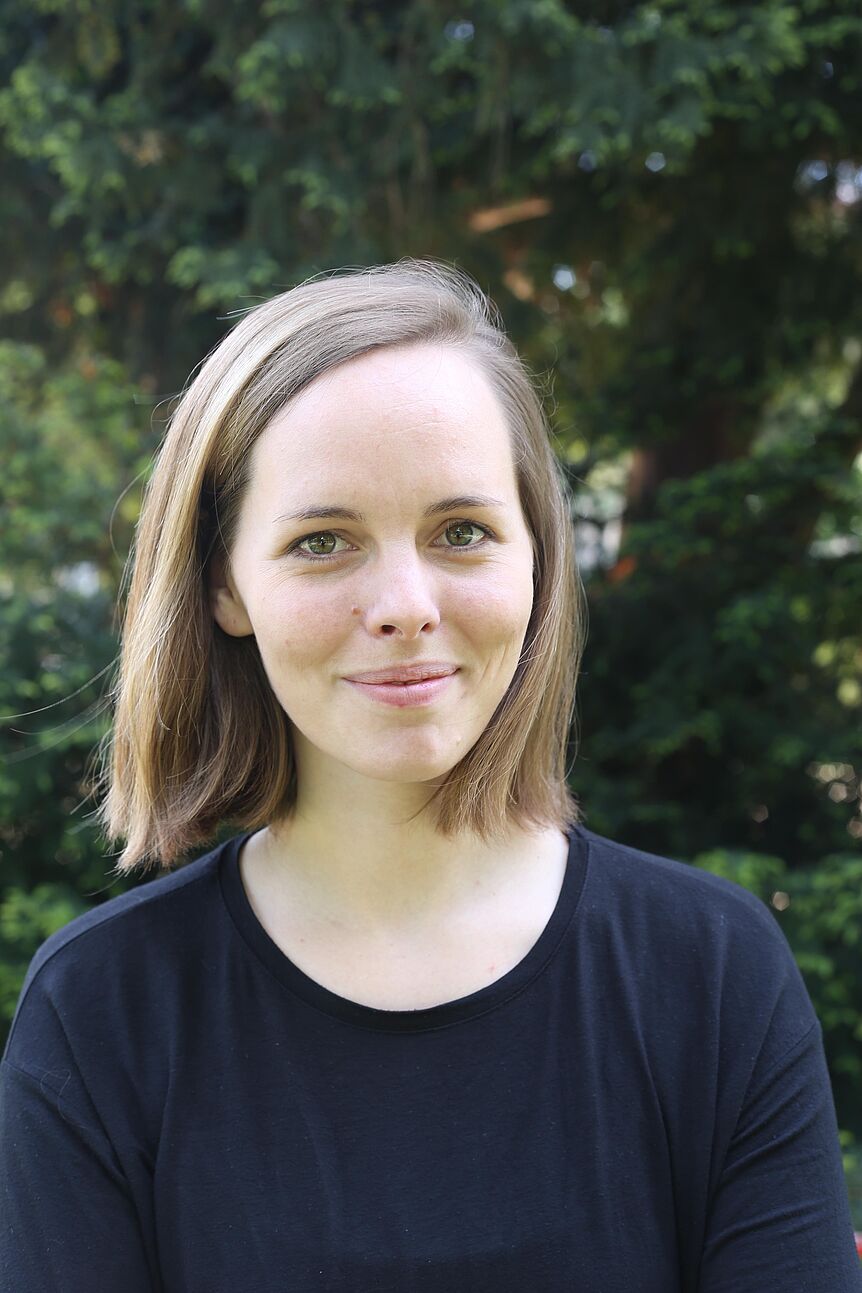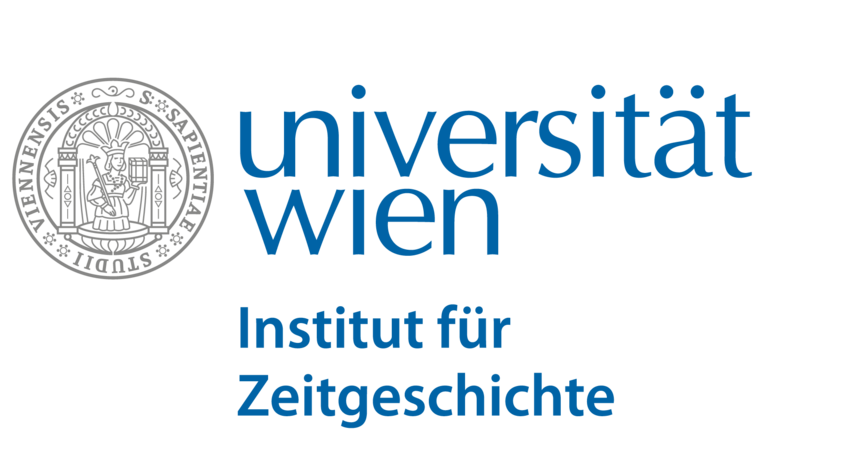
Members
Visual History of Time and Culture, Film and Other Media
Contemporary and cultural history of the 20th and 21st centuries are inconceivable without cinematic and televisual representations; contemporary history and visuality are inextricably linked. Film, TV series and other media have not only recorded the past century visually and audibly, but have also made a significant contribution to events and developments in contemporary and cultural history, particularly through audiovisual content, forms and structures, shaping them comprehensively in terms of theory, practice, technology and the history of mentalities. At the beginning of the 21st century, the medialisation and visualisation of history permeates all areas of society, politics, education and art. This requires new forms of research, teaching and, above all, innovative vocational training. Visual Contemporary History, Visual History, therefore reconstructs the power of media to shape history beyond a narrower media-historical perspective and focuses on an analysis of cinematic and media systems of representation based on contemporary history. Historical images and their scientific analysis cannot be separated from modern technology and digitalisation. In research and teaching, visual contemporary and cultural history is an essential integrative medium through which national, regional and international developments and their dimensions in contemporary and cultural history are examined from an interdisciplinary perspective at the interface between theory, visual practice and politics.
The multimedia, interactive presentation of topics related to contemporary and cultural history in cooperation with universities and other institutions, and the discourse between contemporary history and the public, are central to this. This includes film series initiated by the focus area with Austrian and international partners, and in particular the annual open-air film retrospective at the memorial of the former concentration camp Mauthausen, which has been taking place for over a decade. The focus here is on feature films that deal with racism, anti-Semitism, the terror in the concentration and extermination camps, the Shoah, and that ask the question of individual responsibility then and now.
The aim is to intensify a profile specific to Austria that serves the internationally networked visualisation of contemporary history, the culture of remembrance and the visual dimension of cross-border and transatlantic dialogue and intervisuality with other European and non-European cultures, which has been brought about by the opening of the European Union. This integrative area at the Department of Contemporary History in Vienna is therefore particularly concerned with developing cultural competence among students, which is expressed in the implementation of theoretical knowledge in contemporary historical media and film analysis, as well as in practical contemporary historical film and video work. Students therefore also have the opportunity to contribute to their professional qualification with practical film work. This should open up new internationally compatible and competitive professional fields for the students of the University of Vienna.
The Visual History and Cultural History focus cooperates in a variety of ways with the key research area Media and Contemporary History.
As of 7/2020



